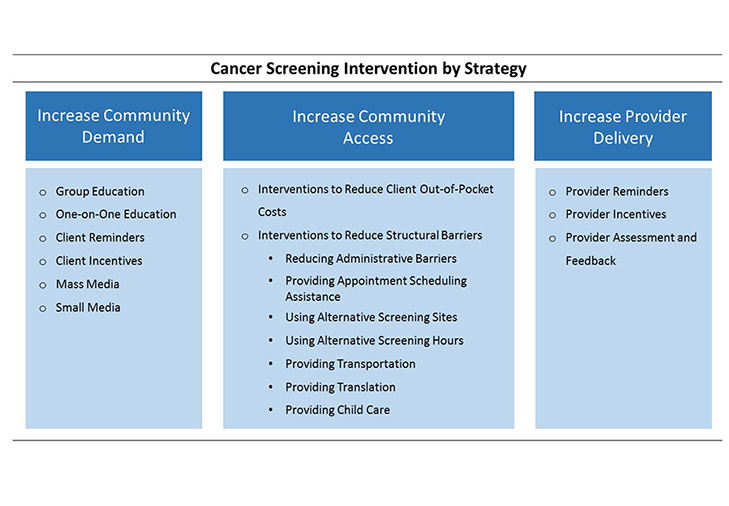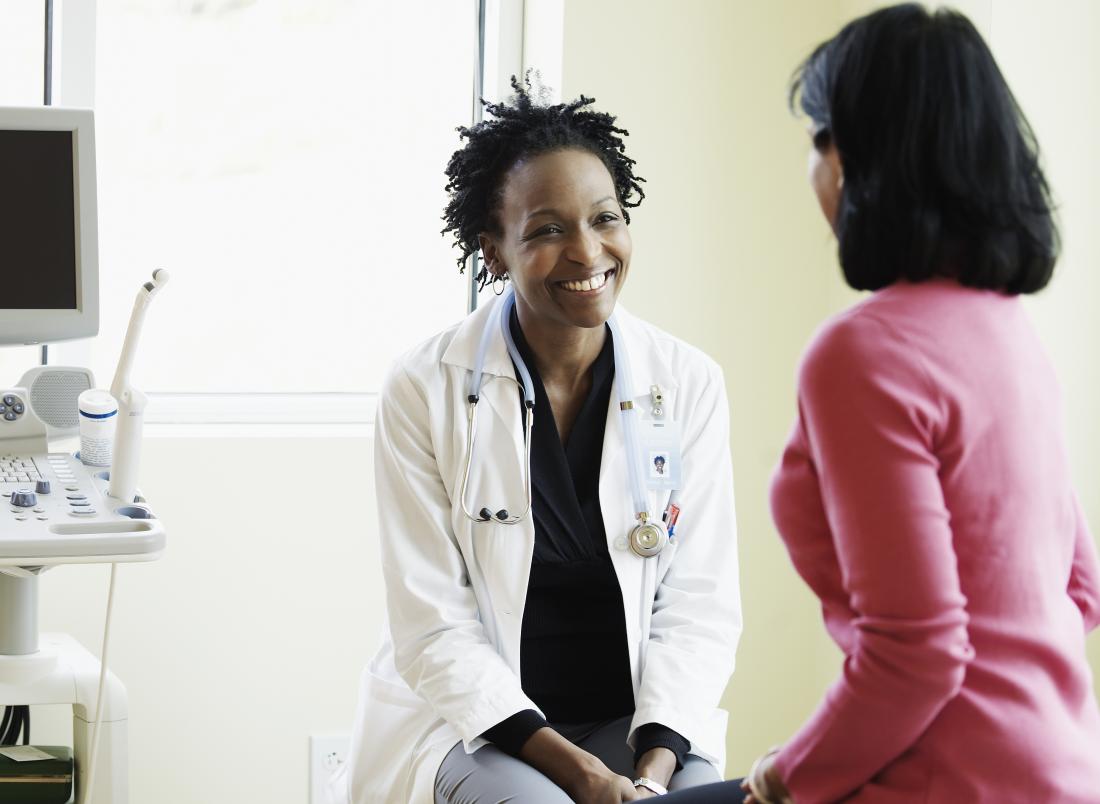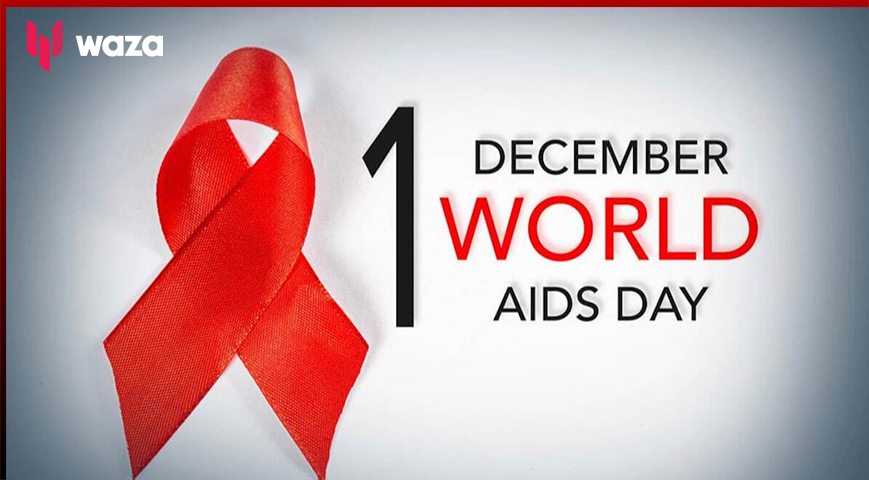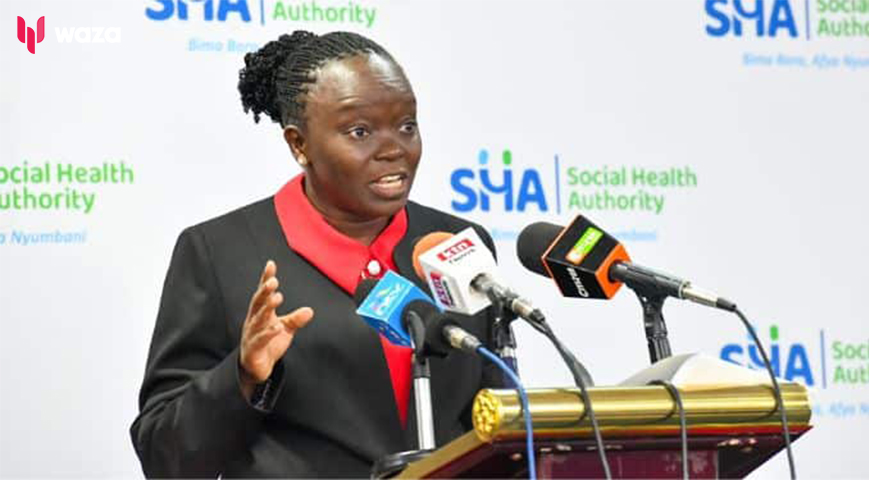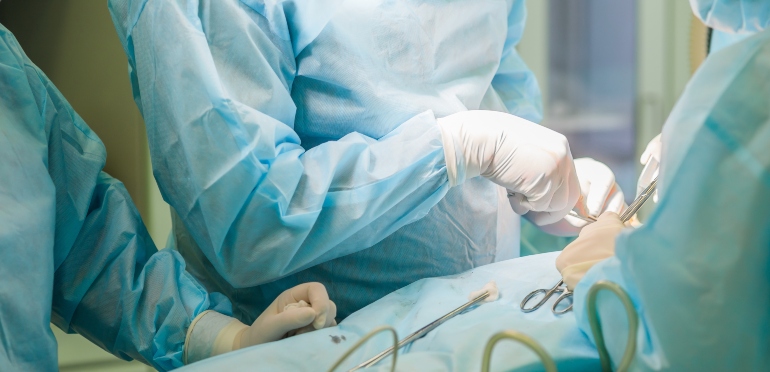Cervical cancer is a dangerous disease that is a threat to women. Research shows more than 10,00 women are diagnosed with cervical cancer annually. Cancer is costly and worse when a life is lost.

However, some women take this for granted, and more often than not, they forgo cancer screening sessions or ignore the idea of cancer screening. These women put themselves at risk for late-stage diagnoses and decreased chances of survival. Screening tests such as mammograms and pap smears can detect cancer in its early stages when it is most treatable. Despite this, many women fail to get these tests done, often due to fear, lack of access, or misinformation.
It is crucial for women to understand the importance of regular cancer screening and to prioritize their health by making time for these tests. By working with healthcare providers and overcoming obstacles, women can increase their chances of detecting cancer early and receiving adequate treatment. Ignoring cancer screening tests can have devastating consequences, so women should prioritize their health and get screened.
Factors like the patient's immune system, smoking habits, and even the number of sexual partners contribute to the formation of cancer due to the virus.
Did you read this?
For instance, Cervical dysplasia occurs when cells on the cervix begin to change. Mild cervical dysplasia often goes away on its own, but more severe cases may require treatment.
The steps to prevent cervical cancer are just superficial. You can opt to take the HPV vaccine. According to Alicia Hong, associate professor at Texas A&M School Of Public Health, the US Food and Drug Administration (FDA) recommended the vaccine to women and men aged 27 to 45.
Women aged 21 to 29 should get a Pap smear every three years. Women 30 to 65 have three options for screening.
Patients do not need all three methods simultaneously to pick one way of screening: Pap smear every three years, HPV 16 and 18 testings alone every five years, or Co-testing of HPV and Pap smear every five years.
It is suitable for women to get more severe with cancer screenings to prevent escalated cases.
